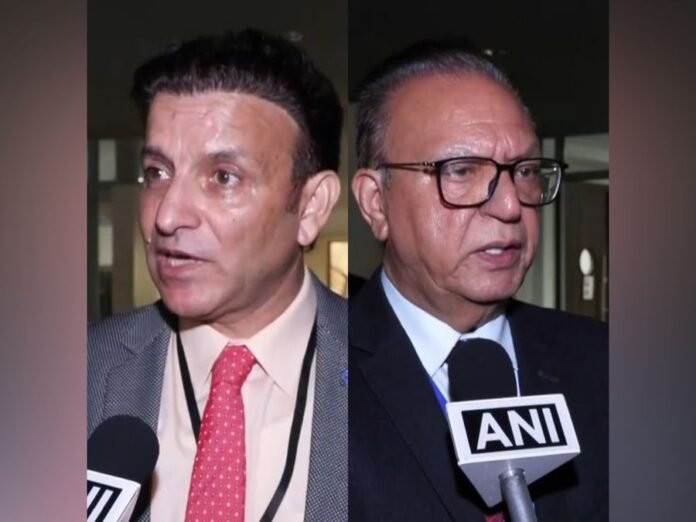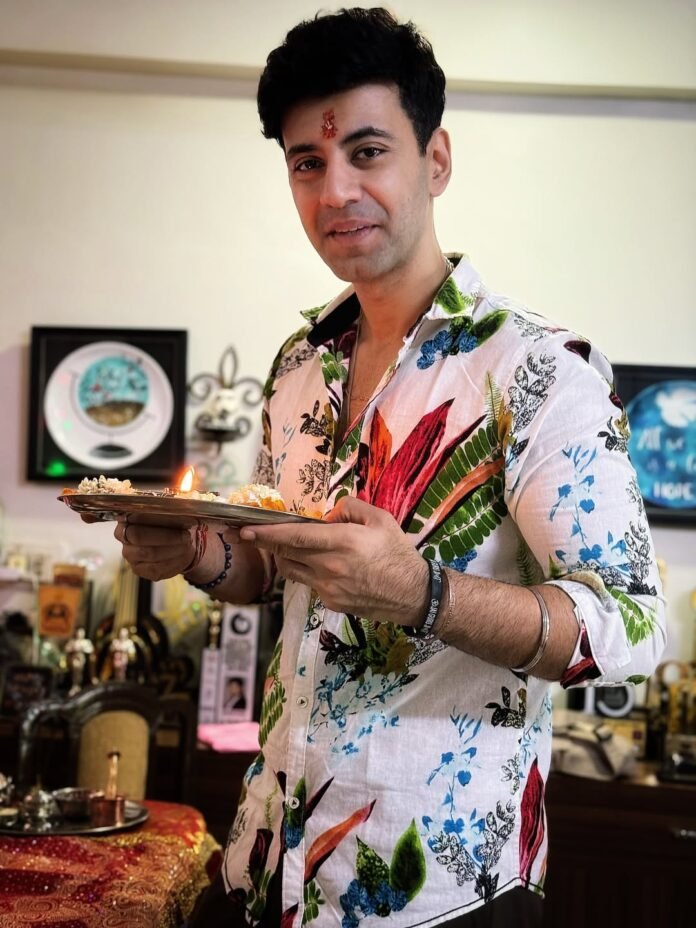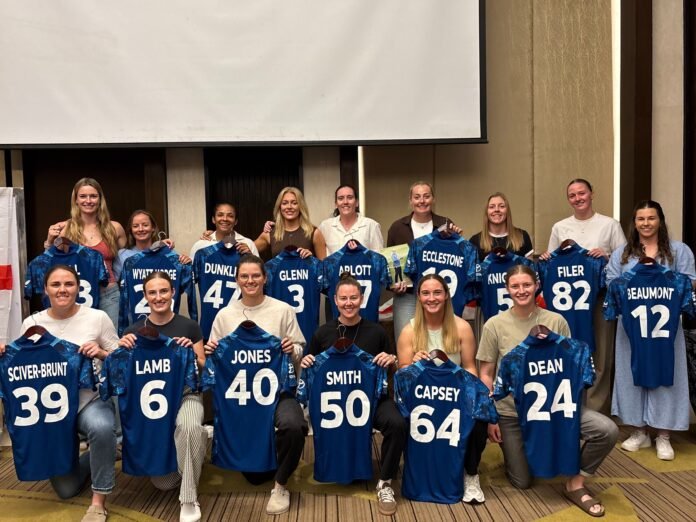Political activists from Pakistan-occupied Jammu and Kashmir (PoJK) and Gilgit-Baltistan shared alarming stories of human rights violations during a special event at the United Nations Human Rights Council in Geneva. The gathering happened on the sidelines of the council’s 60th session and zeroed in on how Pakistan cracks down on freedom of expression and other basic rights in these areas.
Sardar Shaukat Ali Kashmiri, who leads the United Kashmir People National Party (UKPNP), called on the UN and the world to step in and halt the abuses by Pakistani security forces. He pointed to ongoing protests where locals demand better infrastructure and fundamental freedoms like peaceful assembly and association. “These rights must be protected in PoJK and Gilgit-Baltistan,” Kashmiri told reporters.
Kashmiri explained that his group supports a united Jammu and Kashmir, but Pakistan’s policies have caused suffering since 1947. He described a “fascist” control over the regions, where human rights take a backseat. PoJK and Gilgit-Baltistan aren’t even officially part of Pakistan under its constitution, yet Pakistan rules them indirectly. People there just want their basic rights restored and their natural resources protected from exploitation—not a change in rulers.
For 77 years, Pakistan has held the area illegally, Kashmiri said, creating a heavily militarized zone where locals have no real voice. Pakistani agencies and state media often smear activists, even falsely claiming India funds their efforts. “We’re urging Pakistan through media and briefings to change course and stop suppressing us,” he added.
Sherbaz Khan, another activist from Gilgit-Baltistan, spotlighted how Pakistan exploits the region’s natural resources while locals endure tough living conditions. Nasir Aziz Khan, UKPNP spokesperson, pressed the UN to address Pakistan’s systematic clampdown on freedom of expression. He noted that protests have filled the streets for over two and a half years, all non-violent and focused on core human rights. But Pakistan ignores these calls, he said.
The situation worsened recently, with the entire area locked down since September 29. No internet, no phones—protesters can’t reach international media or even talk to family abroad. Aziz Khan estimated three million Kashmiris are under siege, cut off from the world, while two million living overseas worry about loved ones. Leaked reports mention killings and injuries, painting a grim picture.
Tensions boiled over in Muzaffarabad, PoJK’s capital, where security forces fired on peaceful crowds. The clashes stem from demands by the Jammu Kashmir Joint Awami Action Committee (JKJAAC) for a “Self-Rule Charter of Demands.” Sources report at least half a dozen deaths and serious injuries over the past three days.
These massive protests push a 38-point list, including scrapping reserved legislative seats for Kashmiri refugees in Pakistan (a step already taken). Demonstrators also seek economic fixes like lower electricity bills, cheaper subsidized wheat flour, and an end to government officials’ perks. On top of that, they want free education and healthcare for everyone in PoJK.
Activists say these non-violent actions highlight the urgent need for global attention to end the human rights crisis in PoJK and Gilgit-Baltistan.
Stay informed on all the latest news, real-time breaking news updates, and follow all the important headlines in world News on Latest NewsX. Follow us on social media Facebook, Twitter(X), Gettr and subscribe our Youtube Channel.



